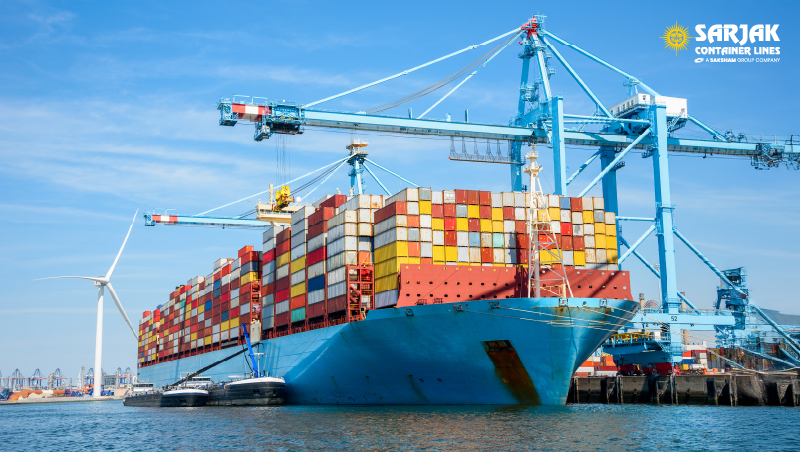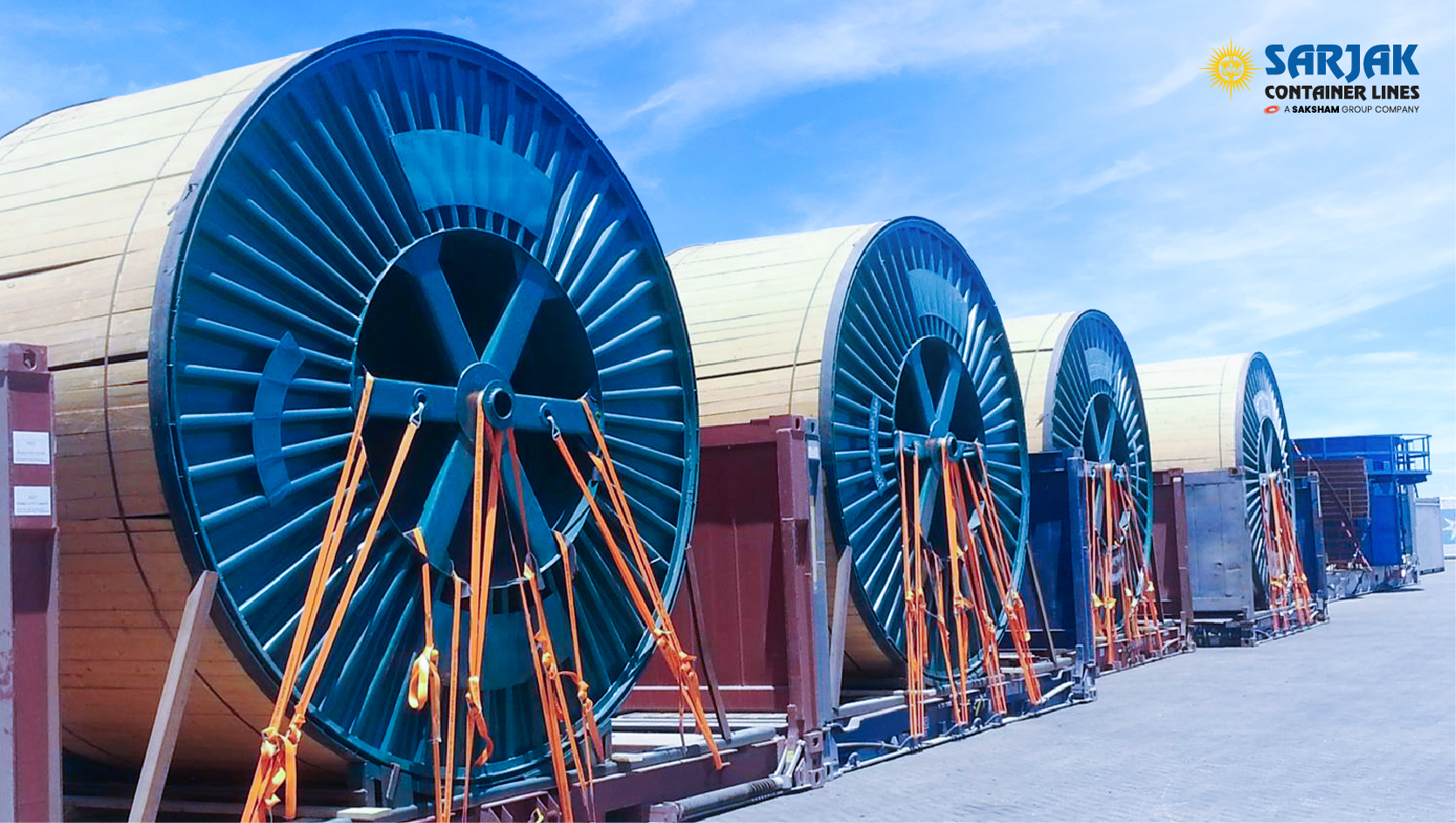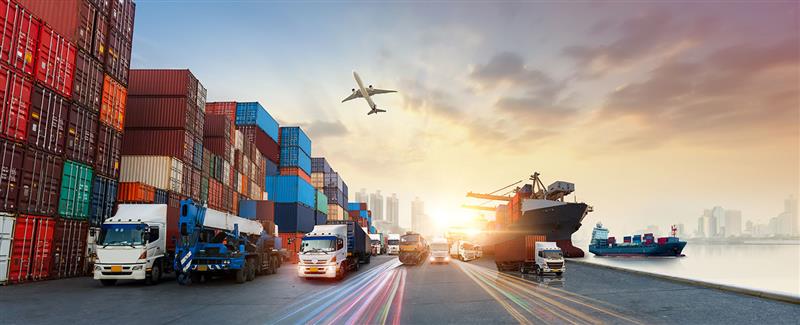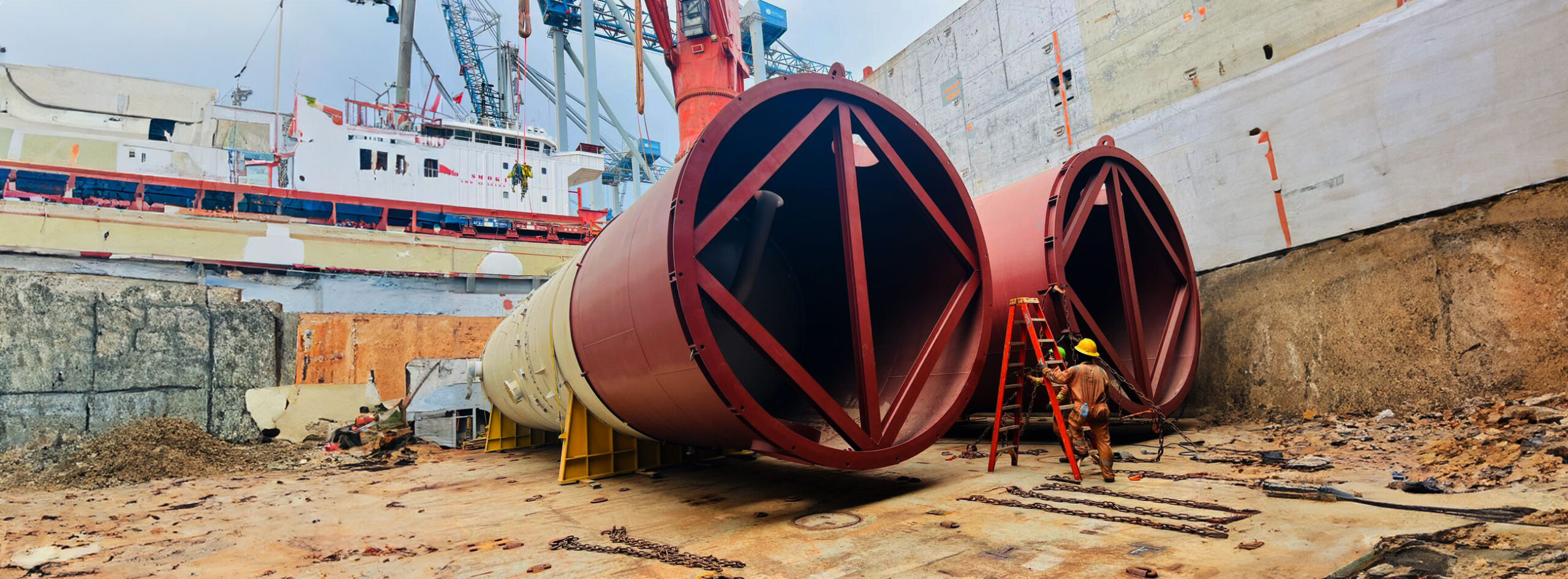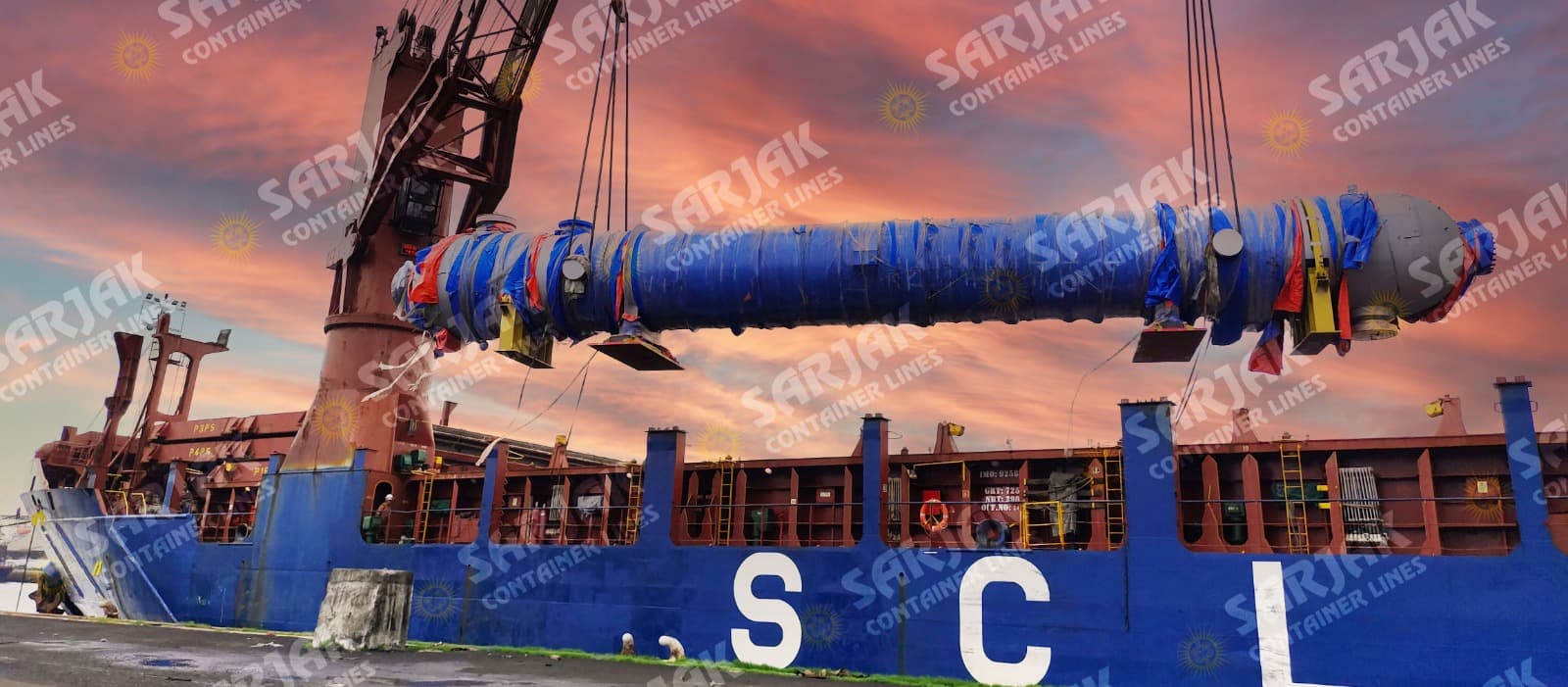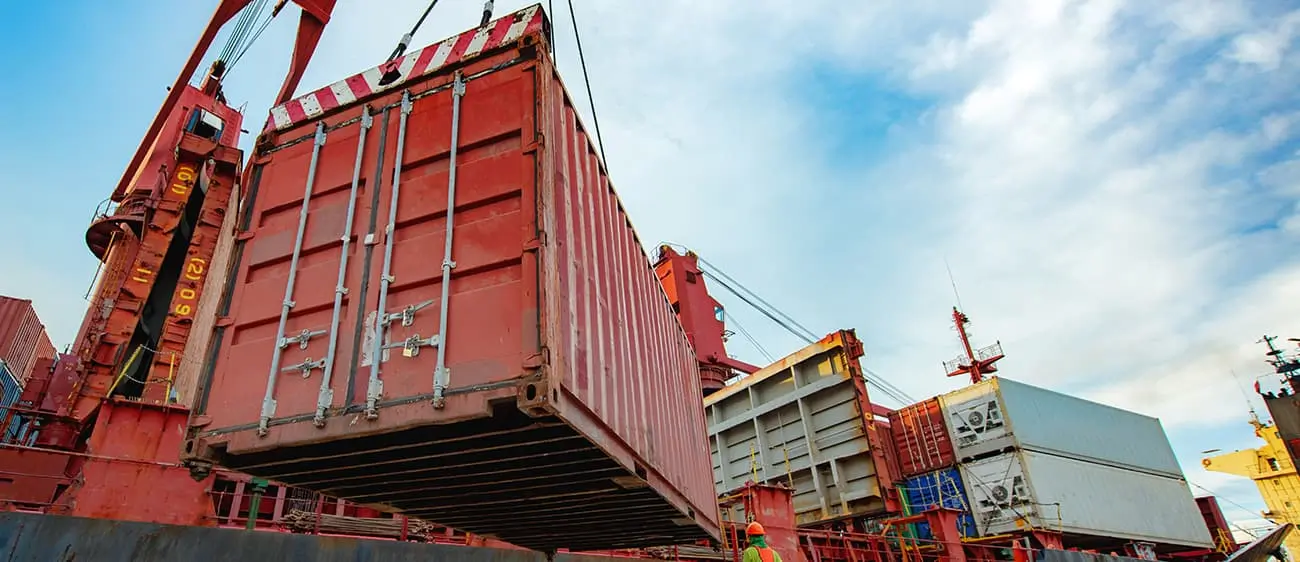Whether you’re shipping heavy industrial equipment, sensitive electronics, or retail goods, choosing the right freight forwarding partner can directly influence your timelines, compliance, and customer satisfaction.
But with hundreds of companies claiming expertise, how to choose a freight forwarder that truly delivers?
Here’s a comprehensive guide to help you evaluate and select the right partner, based on strategy, not just cost.
1. Understand Your Logistics Requirements
Before choosing a freight forwarder, you need to define your own shipping needs. Not every freight forwarder is built for every kind of cargo or route.
Ask yourself:
- What type of goods are you shipping? (e.g. ODC, refrigerated, fragile)
- What destinations and routes are frequent for your business?
- Do you require multimodal transport (air, sea, rail, road)?
- Are you looking for spot shipments or long-term contracts?
- Do you need additional services like warehousing or cargo insurance?
The more specific you are, the better equipped you’ll be to find a freight forwarding company that aligns with your operations and goals.
2. Check Industry Experience and Cargo Expertise
The logistics world is vast, but not all forwarders are experts in your niche.
A forwarder experienced in project cargo for construction or mining industries, for example, understands not just the weight and dimensions, but also how to route, secure, and deliver such cargo compliantly.
Look for:
- Experience handling similar cargo volumes or cargo types
- Case studies or references in your industry
- Expertise in navigating origin and destination country regulations
- Knowledge of packaging, lashing, loading, and special handling
A seasoned freight forwarding partner will proactively identify risks and provide workarounds, rather than react to problems as they arise.
3. Examine Global Network and Multimodal Capabilities
Global reach matters, especially if your cargo crosses continents or requires seamless handovers between ports, airports, and inland terminals.
When choosing a freight forwarder, prioritise:
- Presence in major trade lanes, ports, and logistics hubs
- Strategic partnerships with carriers and third-party agents
- Container and equipment availability (especially for ODC/OOG)
- Customs brokerage across jurisdictions
- Flexibility in shipping modes
A forwarder with a strong network can offer faster clearance, better transit time, and dynamic routing, all essential to minimising delays.
4. Ensure Regulatory Compliance, Documentation & Certifications
Logistics involves a mountain of paperwork. And a small error can mean penalties, delays, or seizure of cargo. That’s why documentation support is a major factor in how to choose a freight forwarder.
Ensure they manage:
- Commercial invoices, packing lists, BLs, COO certificates
- Port and customs documentation
- Dangerous goods (DG) handling, if applicable
- Insurance certificates and LCs
- Country-specific compliance norms (e.g., fumigation, HSN codes)
Also, verify credentials like:
- FIATA, IATA, or WCA membership
- ISO 9001 or other quality certifications
- AEO (Authorised Economic Operator) status
A credible freight forwarding company will ensure you stay compliant at every touchpoint, port, customs, and beyond.
5. Evaluate Technology, Communication & Customer Support
You don’t want to be chasing your forwarder for updates, especially when shipments are time-sensitive. Today’s best-in-class forwarders are as much tech companies as they are logistics providers.
Consider:
- Real-time tracking portals or apps
- Automated documentation and alerts
- Data dashboards for visibility and analytics
- 24/7 customer support with escalation protocols
- Assigned point-of-contact with quick resolution timelines
Communication clarity and responsiveness are just as important as operational competence, a key factor when choosing a freight forwarder for long-term success.
6. Balance Cost with End-to-End Value
Lowest quotes can sometimes mean the costliest outcomes, hidden charges, delays, or poor service.
Focus instead on total value, including:
- Transit time reliability
- Quality of packaging, handling and inspection
- Route planning and contingency management
- Ease of documentation and compliance
- Risk mitigation and cargo insurance options
Comparison Table for Freight Forwarder Selection
Here’s a sample table to help you compare shortlisted partners:
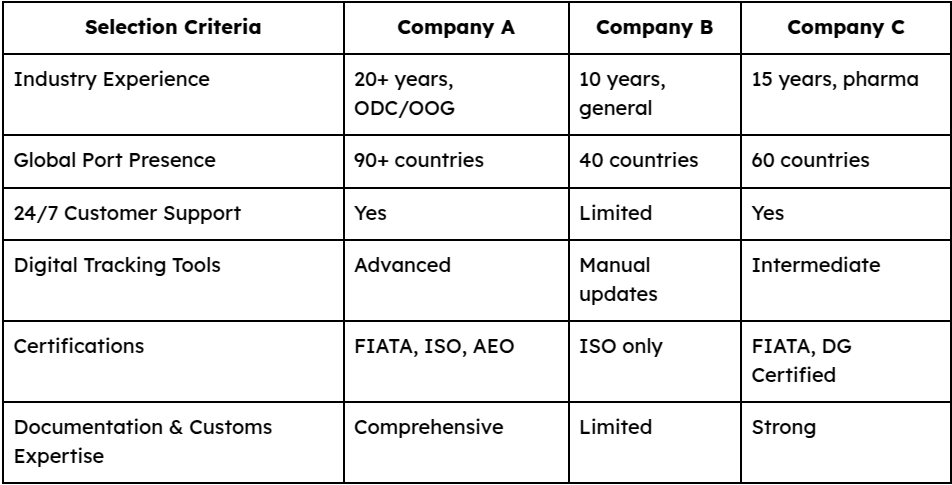
Use this framework to score each forwarder across your business needs.
Final Thoughts
In logistics, trust isn’t built in a day. It’s earned through timely deliveries, clear communication, regulatory precision, and reliable outcomes.
If you’re looking for a forwarder that combines deep industry expertise with a global presence, consider Sarjak Container Lines. As a specialist in Out-of-Gauge and Over Dimensional Cargo across 84+ countries, we go beyond standard shipping. From documentation to equipment selection and port-to-door execution, we offer solutions that are intelligent, compliant, and built around your cargo’s unique needs.
So take your time, ask tough questions, evaluate capabilities, and choose a freight forwarding company that’s aligned with your long-term vision, not just your current shipment.
Ready to choose a freight forwarding partner aligned with your long-term project goals? Contact us today at projects@sarjak.com

